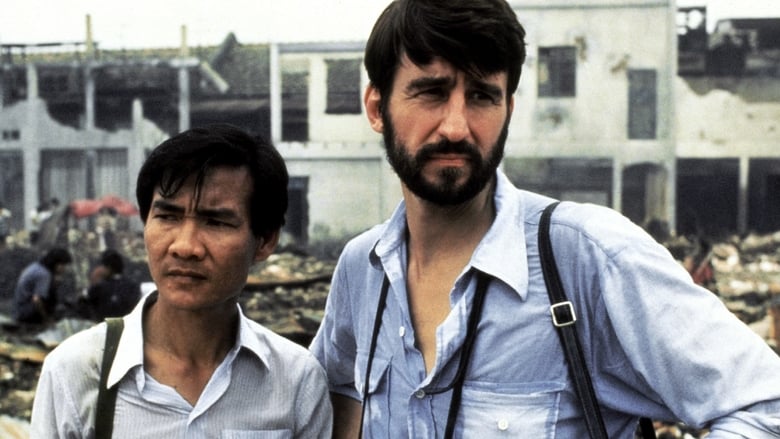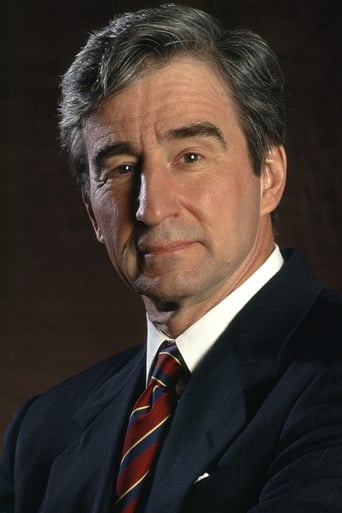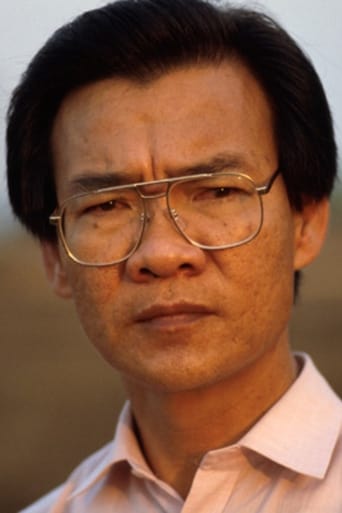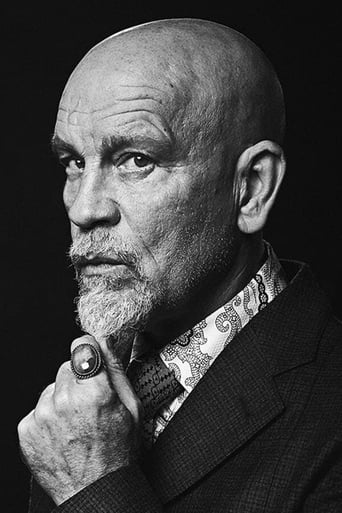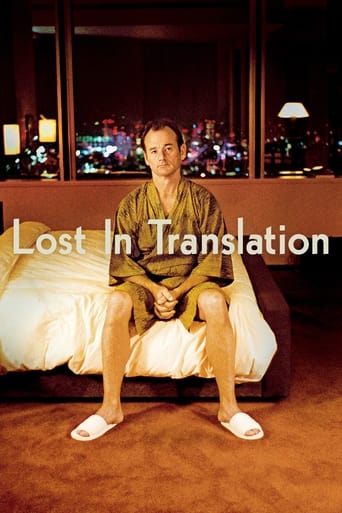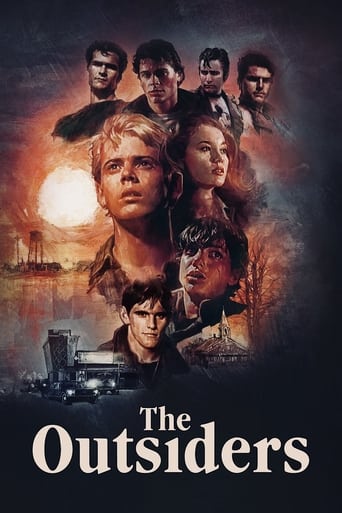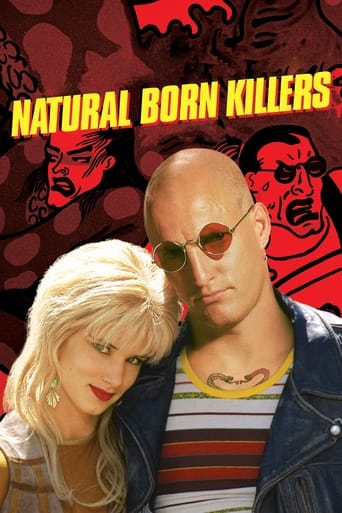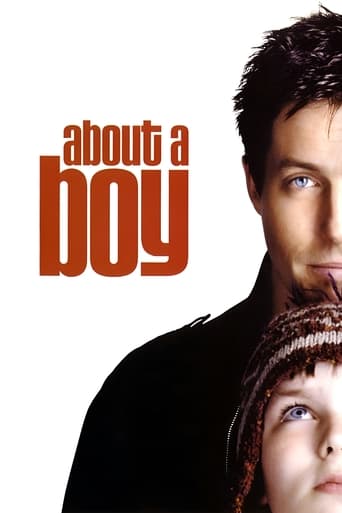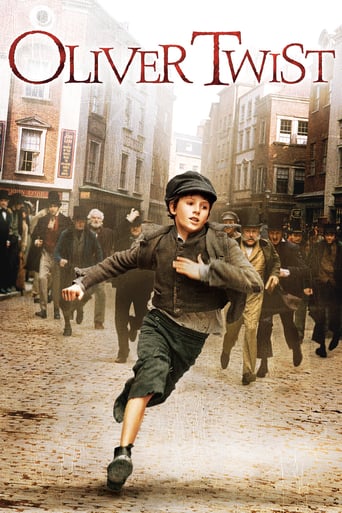The Killing Fields (1985)
New York Times reporter Sydney Schanberg is on assignment covering the Cambodian Civil War, with the help of local interpreter Dith Pran and American photojournalist Al Rockoff. When the U.S. Army pulls out amid escalating violence, Schanberg makes exit arrangements for Pran and his family. Pran, however, tells Schanberg he intends to stay in Cambodia to help cover the unfolding story — a decision he may regret as the Khmer Rouge rebels move in.
Watch Trailer
Cast


Similar titles
Reviews
The story of the Cambodian genocide is one that has practically no parallels in terms of sheer brutality and the impact it has had on a country. And yet this is pretty much the only film that had some sort of widespread reach in the western world. It's a real pity that it wasn't a better film.I did see the movie when it came out originally and while I didn't think it was a brilliant film at the time, it got me interested enough in the subject to read up on in it. Including Dith Pran's book which the film is based upon. Having re-watched it now for the first time in decades and with a lot more background knowledge, the film is full of very big flaws. One of the driving forces for this film is meant to be the friendship between Dith Pran and Sidney Schanberg, but for the first half of the movie, Sidney treats Pran like a low-level employee and there's no real warmth on screen between them. It's only when Pran is forced to leave the French embassy where they've been hiding out and gets sent to a Khmer Rouge labour camp that suddenly this great friendship is highlighted, even though there was little evidence of it shown beforehand.The second half of the movie, with Sidney back in the US and Dith Pran left behind in Cambodia is where the film somewhat hits its stride. That said, reading about his actual experiences, the film feels almost tame in comparison. Roland Joffe also missed a chance of making a bigger impact here by deciding to not use subtitles for any of the Khmer dialog throughout the movie. This means that the second half where it's almost exclusively featuring Cambodians has to work on a visual level for viewers who don't understand the dialog. That means many of the scenes are over-simplified and make them feel less realistic than they should have been.Likely the decision to not use subtitles also means that Dith Pran's time in the killing fields was shortened so much in the movie that it feels like it lasted a couple of weeks rather than the four years it really was.The by far worst aspect of this movie though is the music! I'm sorry but as much respect as I have for Mike Oldfield, he absolutely cannot write movie scores. The music here is so completely out of place and distracting, it ruins all the otherwise great scenes. A perfect example of that is when Pran, Schanberg and a couple of other journalists get captured by Khmer Rouge troops and held hostage in an abandoned Coke factory. What would have been an incredibly tense set of scenes gets absolutely ruined by the music that sounds like it would be better placed in an episode of Gumby. It's so distracting, it almost makes it comical.This is by no means a terrible film. But a few relatively minor changes could have easily made this a great film.
Interesting true story of friendship and survival, set against the backdrop of one of history's most oppressive regimes.Set against the Khmer Rouge regime in Cambodia in the 1970s, the true story of New York Times journalist Sydney Schanberg (played by Sam Waterston) and his Cambodian interpreter Dith Pran (Haing S Ngor). They are there in 1973 when Cambodia is a side-theatre of the Vietnam conflict. At this time the Khmer Rouge are on the rise but not a major threat. Then we jump forward to 1975 and the Khmer Rouge have the upper hand and are about to take control of the country. The US, and other countries, are evacuating personnel. Though both of them have an opportunity to leave too, Schanberg and Dith Pran decide to stay to cover what happens next. This will ultimately put Dith Pran's life in grave danger as the Khmer Rouge's reign over Cambodia was one of oppression and genocide.Interesting, though a bit dry. The movie starts very slowly and takes a very long time to find a second gear. Even when things do start to fall into place and you get to understand where the story is going, things still don't really move at more than a moderate pace. However, the last 40 minutes or so more than make up for this. We see the extent of the Khmer Rouge's oppression and atrocities, and the movie becomes a powerful, tense story of resourcefulness and survival. Great, emotional ending.Solid work by Sam Waterston as Sydney Schanberg. Haing S Ngor, a Cambodian doctor and refugee with no previous acting experience, gives a great performance as Dith Pran and well deserved his Best Supporting Actor Oscar. The cast also includes John Malkovich (in only his second feature film), Julian Sands (third feature film) and Craig T Nelson, all of which give fine performances.
In 1973, New York Times reporter Sydney Schanberg (Sam Waterston) goes to cover the war in Cambodia with Dith Pran as his interpreter. They cover the war along side other journalists like Al Rockoff (John Malkovich) and Jon Swain (Julian Sands). A military adviser (Craig T. Nelson) tries to cover up an accidental American B-52 bombing of an innocent town. Eventually the Khmer Rouge threatens to overrun the country. Dith Pran decides to stay despite the danger while his family leaves. After the fall, Phnom Penh is evacuated and the group finds refuge in the French embassy. The foreigners are allowed to go home but Dith Pran and the locals are not so lucky.Director Roland Joffé creates a masterpiece. It is shockingly intense without warning. It is deep emotionally. He captures the desperate instability and the unknowable fear of the fall of the capital. The chaos and the random brutality is perfect. The acting is superb. Developing a picture has never been more intense. Then the movie does the unthinkable. It hands over the lead and the movie to a no name amateur Cambodian actor. The great surprise is that the movie is as compelling as ever. This is a historical biopic masterpiece from start to finish.
The 1970's was a time of tremendous political upheaval in the US. In The Killing Fields, Cambodia is the canvas, while politics, journalism, friendship, and the human will are the paints used to depict an in-your- face, true story of survival against all odds. The US government takes its lumps as we abuse, then abandon a people who are then embroiled in a bloody internal cleansing that kills several million Cambodians. The journalists Sydney Schanberg (Sam Waterston) and local Dith Pran (Dr Ngor) capture and transmit the daily atrocities back to the states for US consumption. Dr Ngor was an actual survivor of the real Killing Fields. How he had he courage to portray Dith Pran, I don't know, but it speaks to the courage he had, and apparently to promises he made to his wife to educate the world about what happened in Cambodia. That Dr Ngor won an Academy Award is astonishing, but after you watch this movie, you really feel like you lived through this horrific event because of Ngor's tremendous performance.Sam Waterston also turned in a strong performance as Shanberg. He realizes he took advantage of Pran as a means to his own ends, but by then, it's too late. Waterston was at his best when he stands toe to toe with Army reps, like Craig T. Nelson (from Coach), or the politicians. But near the end, when he has to take criticism from his own colleague who was with him (terrific performance by John Malkovich by the way), Waterston has no valid reply, and he knows it.The war scenes are incredibly real, the suffering in the killing fields is palpable, and the hopelessness of those trying to stem the entire unimaginable craze of hatred overtaking the Khmer Rouge is smothering.Some scenes are a bit long, and the ending would have been better without that particular song,which introduced a bit too much of a Hollywood ending at just the wrong time. Still, this is a must-see film that will stay with you long after the credits roll. Enjoy.


